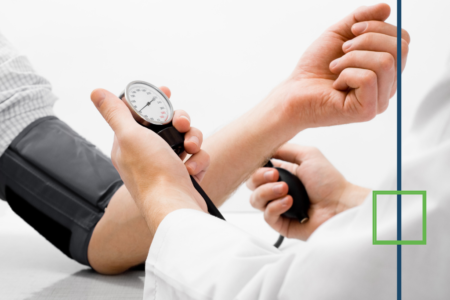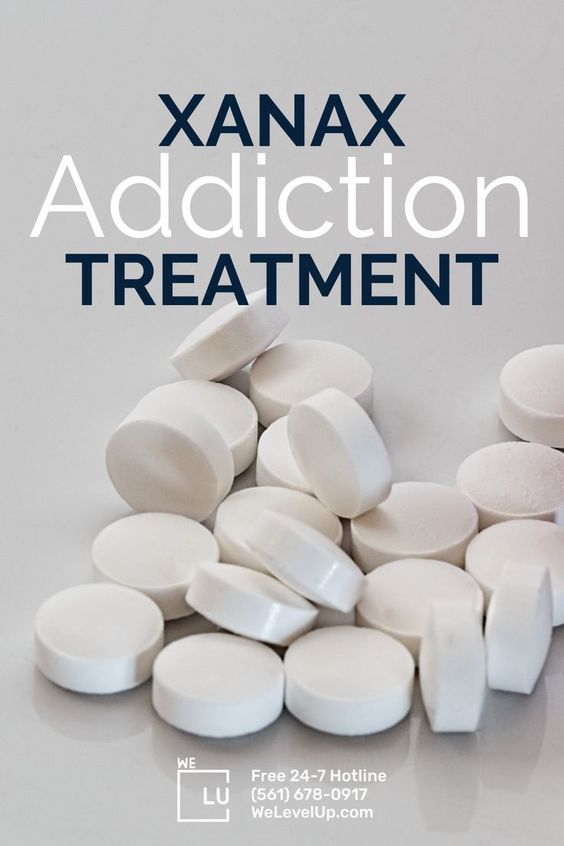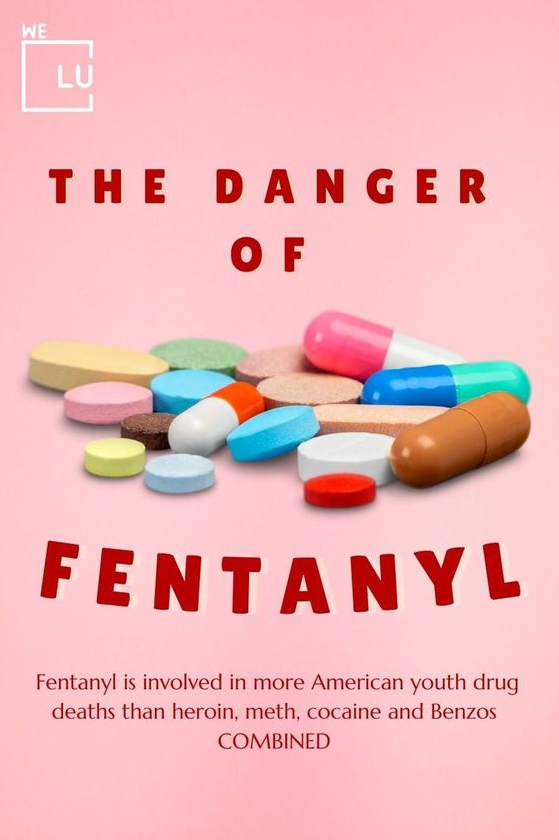What Is Alcohol Poisoning?
Alcohol poisoning can occur quickly over a short amount of time due to heavy drinking or alcoholism. When a person is consuming alcohol, they might notice different symptoms. These symptoms are associated with different levels, or stages, of intoxication.
Alcohol Poisoning Symptoms
Alcohol poisoning signs and symptoms include:
- Confusion
- Vomiting
- Seizures
- Slow breathing (less than eight breaths a minute)
- Irregular breathing (a gap of more than 10 seconds between breaths)
- Blue-tinged skin or pale skin
- Low body temperature (hypothermia)
- Passing out (unconsciousness) and can’t be awakened

Alcohol Poisoning Treatments
There are a few steps that can be taken to help an intoxicated individual avoid serious health consequences as a result of too much alcohol. You can help by:
- Continually monitoring the person who is drunk. If you do not know the drunk person, you can ask if you can call anyone to come and get them. If inside commercial premises (e.g. a restaurant or bar), ensure any staff are aware that the person is drunk;
- Check and monitor the breathing of the person who is drunk;
- Make sure the intoxicated person does not slip from sleeping to unconsciousness by waking them often. The blood alcohol concentration (BAC) can rise even when someone has stopped drinking alcohol – this means that “sleeping it off” is not safe;
- Ensure the intoxicated individual is sleeping on their side with a pillow behind them to prevent them from rolling on their back. This will prevent them from choking on their vomit.
- Never let one drunk person look after another drunk person.
- Never allow an intoxicated individual to drive a car, swim, or ride a bike.
If the intoxicated individual vomits continually, displays irregular slow breathing, cold pale skin, or loses consciousness, it becomes an emergency situation and an ambulance for alcohol poisoning treatments should be called immediately. [1]
When someone is passed out from alcohol poisoning:
- Gently roll the person on his or her side, tilting the head back and tucking the top hand under the chin to keep the mouth open and the airway clear. This helps to reduce the risk of choking if the person vomits. Bend the person’s top leg and bottom arm to support this position
- Do not leave the person alone
- Call 911 if you cannot wake the person, especially if he or she is vomiting or has vomited

Intravenous (IV) Fluids To Maintain Levels Of Hydration, Blood Sugar, & Vitamins
Providers give intravenous (IV) fluids to treat dehydration for alcohol poisoning treatments. Fluids can also increase blood sugar levels. Once at the hospital, and sometimes on the way to the hospital, a person who is experiencing alcohol poisoning generally receives intravenous (IV) fluids to replace the fluid loss from vomiting and to correct the alcohol-induced fluid and electrolyte disruption in the body.
Intubation Or Oxygen Therapy To Help With Breathing & Choking Troubles
In some instances during alcohol poisoning treatments, oxygen may be administered by placing a mask on the face. Mechanical ventilation may be necessary for respiratory support if breathing is not self-controlled. Medications to maintain adequate blood pressure may also be needed.
Flushing Or Pumping The Stomach To Clear Alcohol From The Body
Removal of alcohol and toxins directly via a tube placed in the stomach (a process referred to as stomach pumping) can prevent further absorption of alcohol. Dialysis, a process by which blood is filtered of waste and toxins, may be necessary for severe circumstances during alcohol poisoning treatments. If seizures are occurring, a short-term anticonvulsant medication can help stop them. Treatment for any injuries, such as head trauma or bone fractures, is often necessary as well.
Hemodialysis, A Process That Speeds The Removal Of Alcohol From The Blood
Hemodialysis (HD) is the best method in alcohol poisoning treatments to rapidly remove both toxic acid metabolites and parent alcohols, and it plays a fundamental role in treating severely poisoned patients. Hemodialysis is a mechanical way of filtering waste and toxins from your system to speed the removal of alcohol from the bloodstream. Induction of alcohol withdrawal in long-term alcohol users should be considered and appropriately managed if hemodialysis is used for rapid ethanol clearance.
Bacchus Maneuver
If someone passes out from drinking too much, you can help by positioning them so they will not choke on their vomit. The Bacchus maneuver below is a position to put someone in while you wait for medical personnel to arrive. It is NOT something to use and then leave someone hoping they will be okay. Anytime you are using the Bacchus Maneuver, you should also be calling alcohol poisoning treatments providers and 911. IMPORTANT NOTE: DO NOT USE THE BACCHUS MANEUVER OR TRY TO ADJUST SOMEONE WHO HAS FALLEN AND MAY HAVE SUSTAINED A SPINAL CORD INJURY. AGAIN, CALL 911 IMMEDIATELY.
How to Help a Drunk Person with the Bacchus Maneuver
- Raise the arm that is closest to you above their head. Prepare to roll them toward you.
- Gently roll them toward you, guarding their head against hitting the floor. The head should rest in front of the arm, not on it.
- Tilt the head up to maintain the airway. Tuck their nearest hand under the cheek to help maintain head tilt and raise the face off the floor.
- Check on them often.
Prevention
A person with alcohol poisoning needs immediate medical attention to get alcohol poisoning treatments. If you suspect someone has alcohol poisoning, call for emergency medical help right away. It is not advisable to treat at home without medical care as alcohol poisoning can be lethal.
To help save someone from an alcohol poisoning episode, make sure you follow these steps:
- Call 911 or your local authorities and alcohol poisoning treatments providers
- Try your best to keep them awake
- Try to keep them in a sitting position
- If they can drink something, give them some water to prevent dehydration
- If they’re unconscious, put them in the recovery position or on their side
- Please do not give them coffee or any caffeinated beverages like sodas
- Do not lie them on their back
- Please do not give them more alcohol
- Do not make them walk
- Please do not make them throw up
According to the Centers for Disease Control and Prevention (CDC), an average number of alcohol poisoning deaths account for six cases each day in the US. Almost 76% of the deaths are adults ages 35 to 64, with nearly 76% of those who die being men. [2]
The standard drink in the United States contains 0.6 ounces of pure alcohol. This amount of alcohol is generally found in:
- 12 ounces of beer with a 5 percent alcohol content
- 8 ounces of malt liquor at a 7 percent alcohol content
- 5 ounces of wine at a 12 percent alcohol content
- 1.5 ounces of 80-proof distilled spirits or liquor (such as rum, vodka, or whiskey) at a 40 percent alcohol content
Alcohol in the form of ethanol (ethyl alcohol) is found in:
- Alcoholic beverages
- Some household products like mouthwash and cooking extracts
- Medications
Alcohol intoxication occurs from drinking too much alcohol in a short period of time.

Some people are more at risk of alcohol intoxication than others. Factors affecting your risk of alcohol intoxication include:
- Your body type and weight: Larger people absorb alcohol more slowly than smaller people.
- Your health status: Having certain health issues can put you at greater risk of alcohol poisoning.
- Whether or not you’ve eaten: Having food in your stomach before drinking can slow your body’s absorption of alcohol.
- Whether you’ve combined alcohol with other drugs: Consuming certain drugs before drinking can increase your risk of alcohol poisoning.
- The percentage of alcohol in your drinks: Drinks with a higher percentage of alcohol will raise your BAC more quickly than drinks with a lower percentage of alcohol.
- Your rate and amount of alcohol consumption: Drinking many drinks quickly puts you at risk of alcohol poisoning.
- Your level of alcohol tolerance: People who regularly drink are better able to tolerate alcohol than people who are only occasional drinkers.
When Should I See A Doctor?
After an episode of alcohol intoxication, it takes time to recover. The person will be hospitalized until their vital signs return to normal. This may take days, up to weeks. During the recovery period, a person may experience a depressed mood and appetite, discomfort, and memory problems. Even after a person is released from hospital care, it can take up to a month for them to feel normal again. The good news is that it’s possible to survive alcohol intoxication if appropriate medical alcohol poisoning treatments are given promptly.
Reclaim Your Life From Alcohol
Alcohol detox can be dangerous, especially if it is done without the help of a professional. Delirium Tremens and other withdrawal symptoms that may afflict the patient that is detoxing are dangerous and may even be fatal. It is advisable to detox in a rehab center where you have access to experienced professionals who can manage any complications of alcohol detox and withdrawal. The medically supervised detox processes allow the body to process the alcohol that is still in the system and gently wean the body off its dependence. It is the first stage of alcohol poisoning treatments and one you should seek before your addiction gets worse.
How We Can Help? Searched for “Texas inpatient consultants & inpatient alcohol rehab Houston TX?” or are you seeking a national inpatient rehab destination?
Those suffering from addiction for long periods of time at high rates of use usually experience more severe withdrawal symptoms and alcohol poisoning, making the process more difficult for them. The symptoms may seem to get worse through the detox process. They need constant care and attention to help manage the symptoms. Delirium Tremens may lead to death if they are not managed well and in time. Alcohol poisoning treatments are within your reach to ensure your recovery starts on a comfortable and safe step.
If you, your friend, or your family need help with alcoholism and alcohol poisoning treatments, contact us today here at We Level Up TX.
Sources:
[1] Alcohol: How to Help a Drunk Person – https://healthinfo.healthengine.com.au/alcohol-how-to-help-a-drunk-person
[2] Alcohol Poisoning Deaths – Centers for Disease Control and Prevention





